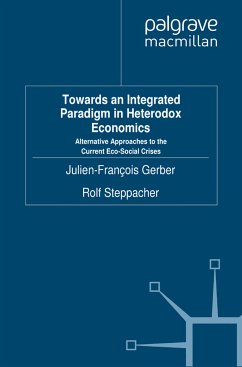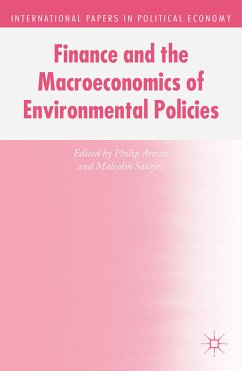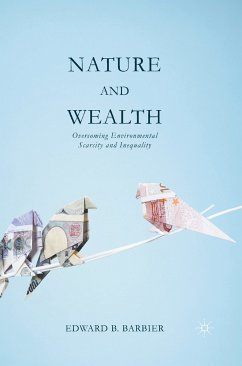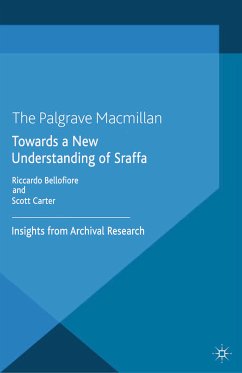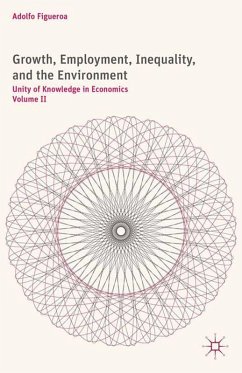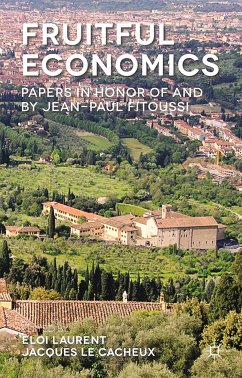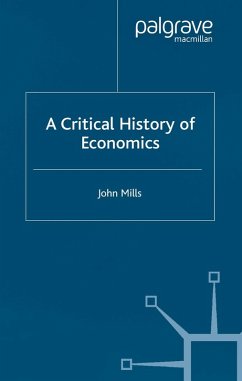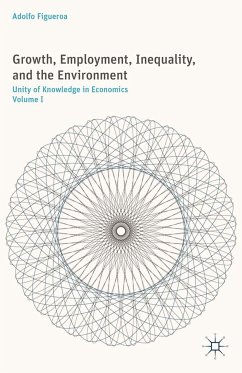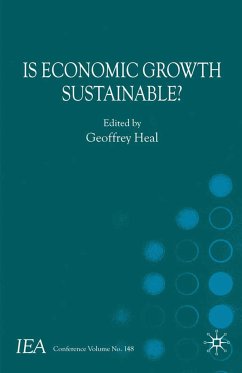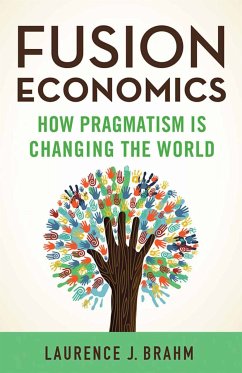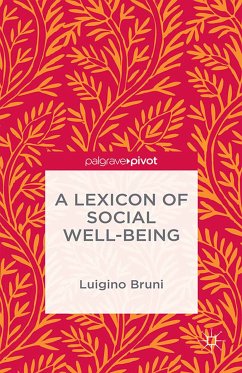ROBERT U. AYRES Professor Emeritus of Economics and Political Science and Technology Management at the Institut Européen D'Administration des Affaires (INSEAD), France DANIEL W. BROMLEY Anderson-Bascom Professor (Emeritus) of Applied Economics at the University of Wisconsin-Madison, USA, and Visitng Professor at Humboldt University, Germany HERMAN E. DALY Professor Emeritus of Economics at the University of Maryland's School of Public Affairs, USA MARIO GIAMPETRO ICREA Research Professor at the Institute of Environmental Sciences and Technology, Universitat Autònoma de Barcelona, Spain JOHN M. GOWDY Rittenhouse Teaching Professor of Humanities and Social Sciences at the Department of Economics, Rensselaer Polytechnic Institute, USA GEOFFREY M. HODGSON Research Professor of Business Studies at the University of Hertfordshire, UK LISI KRALL Professor of Economics at the State University of New York,Cortland, USA STEPHEN A. MARGLIN holds the Walter S. Barker Chair in the Department of Economics at Harvard University, USA KOZO MAYUMI Professor of Economics at the Faculty of Integrated Arts and Sciences, University of Tokushima, Japan JOAN MARTINEZ-ALIER Professor of Economic History and Institutions and Deputy Director of the Institute of Environmental Sciences and Technology, Universitat Autònoma de Barcelona, Spain JOSÉ MANUEL NAREDO 'ad honorem' Economics Professor at the Department of Urban Studies and Territorial Planning, Universidad Politécnica de Madrid, as well as at the Faculty of Economics, Universidad Complutense de Madrid, Spain CLIVE L. SPASH Professor of Economics at the Department of Socio-Economics, WU Vienna University of Economics and Business, Austria, as well as at the Department of International Environment and Development Studies, Norwegian University of Life Sciences, Norway
